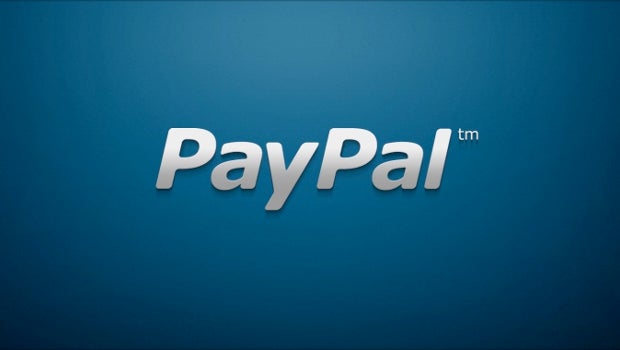PayPal Price Hikes: PayPal’s new fees and user agreement explained

PayPal has decided to quietly increase its prices – and at the same time add a weird clause relating to its sellers. Here’s what you need to know if you use PayPal, whether you’re in the UK or the US.
First spotted here, the payment processor has imposed a number of fee increases on its US customers that will hurt just about anyone who uses the service for anything other than buying. What’s more, retailers themselves are being hit by an additional change, which PayPal has dubbed “non-discouragement clause.”
Read on for a look at what’s already happened in the US, or scroll down if you’re more interested in what to expect with regards to PayPal fees in the UK.
Related: MWC 2017
PayPal fees in the US
First off, lets go through the fee increases. US users looking to convert currency through PayPal will now pay 3.0% instead of 2.5%. The standard transaction fee for sellers selling goods or services online to buyers outside the US also jumps from 3.9% to 4.4%, and non-US store transaction fees are rising from 3.7% to 4.4%.
That’s just the tip of the iceberg, with other changes outlined by PayPal as below:
- We are removing the tier based fees we charge to nonprofits who receive payments from senders outside the U.S. and are charging a flat rate of 3.7% plus the existing fixed fee based on the currency for all such transactions.
- We are changing the micropayment fees for in store transactions received from buyers outside the U.S. from 6.0% to 6.5% plus the existing fixed fee based on the currency.
- We are clarifying that we will assess the $20.00 chargeback processing fee for sellers who win a chargeback but are not eligible for Seller Protection.
- We are adding the ability to create a negative balance in your PayPal account when we reverse a payment to cover eBay buyer protection claims that the seller loses.

The rises come in addition to the aforementioned “non-discouragement clause”, which PayPal explained in the update:
“In representations to your customers or in public communications, you agree not to mischaracterise PayPal as a payment method. At all of your points of sale (in whatever form), you agree not to try to dissuade or inhibit your customers from using PayPal; and, if you enable your customers to pay you with PayPal, you agree to treat PayPal’s payment mark at least at par with other payment methods offered,” PayPal stated.
In layman’s terms, it means retailers must not attempt to persuade customers to use other payment methods instead of PayPal, but does not give any details on any penalty that will be levied for doing so.
All of the changes will be live from March 29, 2017, with PayPal seeking to stress that they apply only to its US users.
“These changes relate to the updated User Agreement in the US only,” a PayPal spokesperson told us.
However, there’s some incoming changes for UK PayPal users, too…
Related: Apple Pay vs Samsung Pay
PayPal fees in the UK
While the changes outlined above only currently apply to US users, PayPal has confirmed that there are incoming user agreement amendments in the UK as well.
A PayPal spokesperson revealed to us:
“We update the user agreement typically twice a year as necessary to enable us to offer new products and services, and to reflect changes that affect PayPal and the payments and e-commerce markets.
“An updated User Agreement for PayPal customers in the UK will take effect on 27 April 2017.
“As usual, we provided 2 months’ notice to our customers in the UK to allow them to review and understand the updated terms of their relationship with PayPal.”
Whether or not these updated terms include a clause reminding you not to “…dissuade or inhibit your customers from using PayPal” remains to be seen.
Rest assured it’s something we’ll be keeping a close eye on.
Related: Google I/O 2017
Watch: Android Pay in the UK – how does it work?
What do you think of PayPal’s price hikes? Let us know in the comments.


